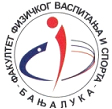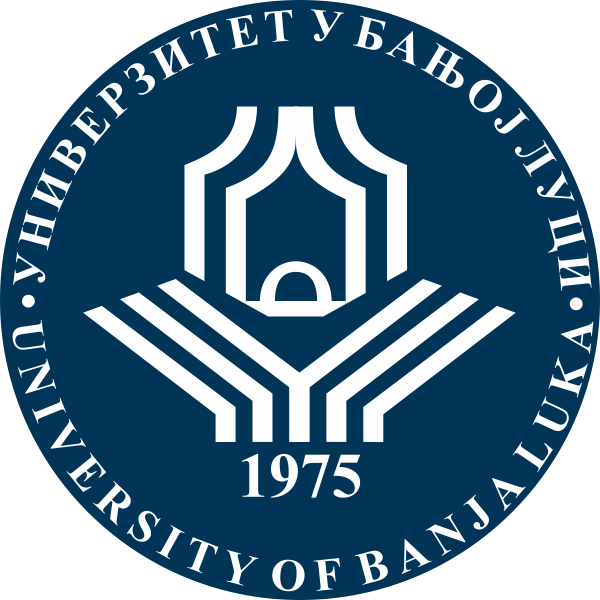SportLogia
Vol. 6, Issue 2, December 2010.
THE LINK OF A COACH’S PERCEPTION OF LOCUS OF CONTROL AND HIS/HER MOTIVATIONAL APPROACH TO ATHLETES
Mladenović Marijana1
1 College of Sports and Health, Belgrade, Serbia
ORGINAL SCIENTIFIC PAPER
doi: 10.5550/sgia.1002035
COBISS.BH-ID 1845784
UDK: 796.37.03.071.4
Summary FULL TEXT (.pdf) free of charge
The locus of control is related to the perception of the cause of certain events. It is considered a general personality orientation, a kind of personal disposition, and can be internal and external.When the locus of control is internal, it is said to be autonomous, while external causality can becontrolled (by others) or it can be impersonal (under the influence of a coincidence or luck). The approach in working with athletes can be based on supporting autonomy or behavior control. The aim of this explorative research was to determine the type of locus of control of future sports coaches, the a priori motivational approach to athletes and the potential link between the two variables. It has been presumed that coaches with an internal locus of control i.e. those who believe that they themselves are in control of events in their lives, would be more inclined, in working with athletes, to apply the approach based on supporting autonomy. The sample consisted of 122 examinees, students of coaching at the College of Sports and Health in Belgrade. The results confirmed the preliminary hypothesis and showed that the autonomous causality orientation (internal locus) dominates, linked with a supporting approach. The controlling and impersonal orientations (external locus) are related with the approach which reinforces behavior control in athletes. Especially relevant is the fact that the approach to athletes which is based on a moderate supporting of athlete autonomy is linked with all three causality orientations. It is relevant to further investigate which factors, personal and environmental, impact the orientation of the coach towards the supporting approach. Supporting athlete autonomy is an important issue, not only in a theoretical sense, but practical as well, as it has positive consequences on the psychological development and mental health of athletes, especially the younger categories.
Key words: coach’s motivational approach, locus of control, supporting athletes’ autonomy, control of athletes’ behavior.
References
Cox, R.H. (2005). Sport Psychology. [Psihologija sporta. In Croat.]. Jastrebarsko: Naklada Slap.
Deci, E.L., Schwartz, A.J., Sheinman, L. & Ryan, R.M. (1981). An instrument to assess adults' orientations toward control versus autonomy with children: Reflections on in-trinsic motivation and perceived competence. Journal of Educational Psychology, 73(5), pp. 642-650.
http://dx.doi.org/10.1037/0022-0663.73.5.642 ![]()
Deci, E.L. & Ryan R.M. (1985). The General Causality Orientation Scale: Self-Determination in Personality. Journal of Research in Personality, 19, pp. 109-134.
http://dx.doi.org/10.1016/0092-6566(85)90023-6 ![]()
Deci, E.L. & Ryan, R.M. (2000). Self-Determination Theory and the Facilitation of Intrinsic Motivation, Social Development and Well-Being. American Psychologist, 55, pp. 68-78.
http://dx.doi.org/10.1037/0003-066X.55.1.68 ![]()
PMid:11392867
Koestner, R., Bernieri, F., & Zuckerman, M. (1992). Self-determination and consistency between attitudes, traits, and behaviors. Personality and Social Psychology Bulletin, 18, pp. 52-59.
http://dx.doi.org/10.1177/0146167292181008 ![]()
Lazarevi?, Lj. (2001). Psychological foundations of physical education. Fourth edition. [Psiholo?ke osnove fizi?ke kulture. In Serbian.]. Beograd: Vi?a ?kola za sportske trenere.
Mageau, G.A. & Vallerand, R.J. (2003). The Coach-Athlete relationship: A Motivational Model. Journal of Sport Sciences, 21, pp. 883-904.
http://dx.doi.org/10.1080/0264041031000140374 ![]()
PMid:14626368
Mladenovi?, M. (2008). Extrenal and internal motivation in sport. [Spolja?nja i unutra?nja motivacija u sportu. In Serbian.]. Nova sportska praksa, 1-2, pp. 26-36.
Mladenovi?, M. (2010). Self-motivation. [Samomotivacija. In Serbian.]. Beograd: Zadu?bina Andrejevi?.
Reeve, J., Bolt, E. & Cai, Y. (1999). Autonomy-supportive teachers: How they teach and motivate students. Journal of Educational Psychology, 91, pp. 537-548.
http://dx.doi.org/10.1037/0022-0663.91.3.537 ![]()
Ryan, R.M. & Deci, E.L. (2007). Active Human Nature: Self-Determination Theory and the Promotion and Maintenance of Sport, Exercise and Health. In M.S. Hagger, & N.L.D. Chatzisarantis (Eds): Intrinsic Motivation and Self-Determination in Exercise and Sport. Champaign, IL: Human Kinetics, pp. 1-19.




